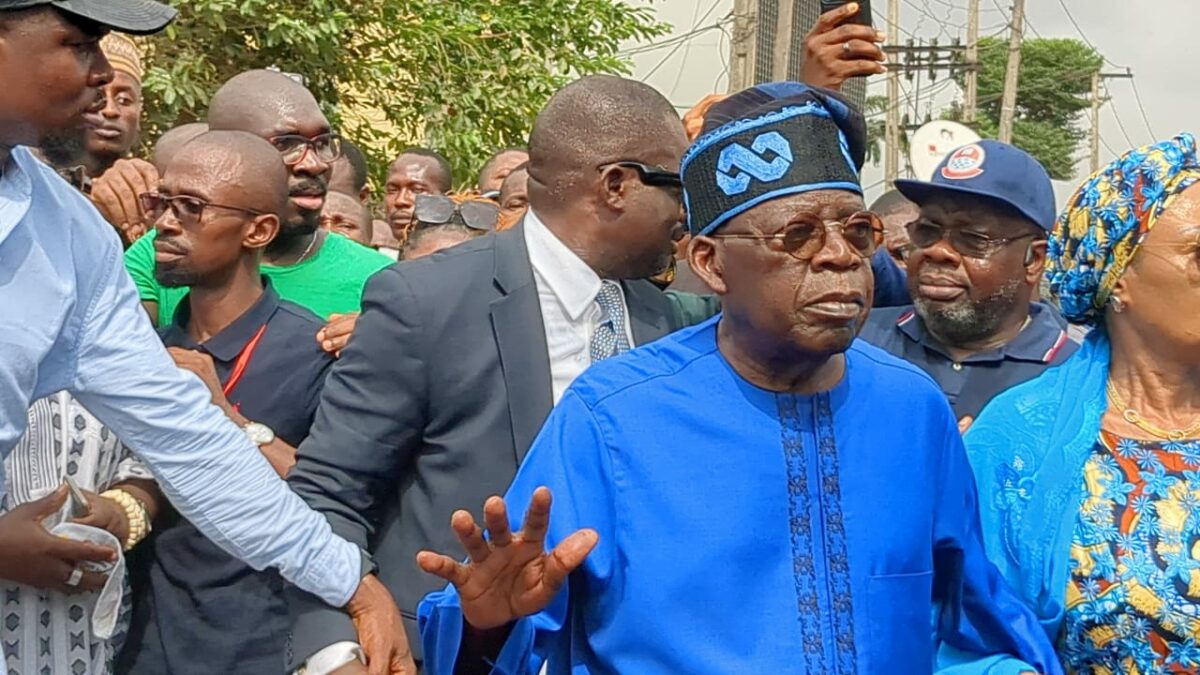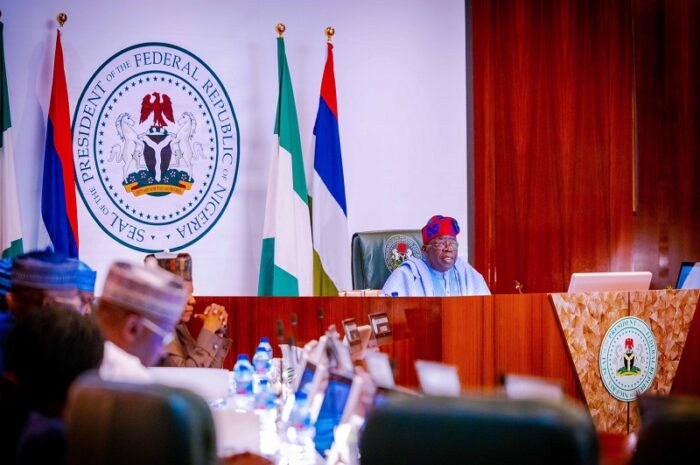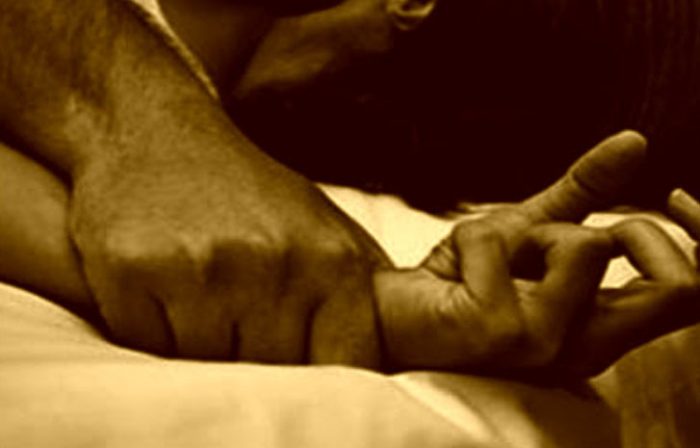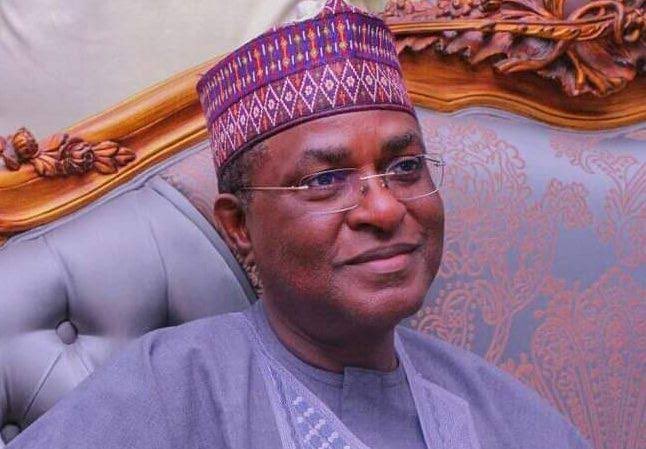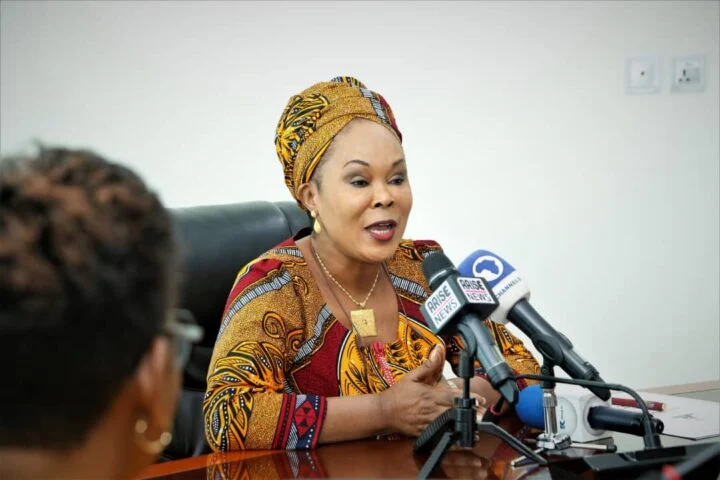The Committee to Protect Journalists (CPJ) wrote an open letter to President Bola Tinubu on Tuesday urging him to improve the conditions of the press in Nigeria.
Posting about the letter on Wednesday, the CPJ asked Nigeria’s leader to take swift and deliberate actions in order to revitalise press freedom throughout the country.
READ ALSO: Do Citizens Truly Think Nigeria Is Moving Forward Under Tinubu?
FULL TEXT
Bola Ahmed Adekunle Tinubu
President of the Federal Republic of Nigeria
Dear President Tinubu,
We at the Committee to Protect Journalists, an independent nongovernmental organisation that defends press freedom globally, write to request that your administration take swift and deliberate actions to improve conditions for the press in Nigeria. As you mark three months in office, there is no better time to revitalise press freedom throughout the country.
We request that you ensure justice is delivered for attacks on the press and that you reform legislation and regulations to prevent the jailing and surveillance of journalists. We also urge you to ensure undisrupted access to the internet, online platforms, and news websites.
CPJ has documented consistent accounts of threats, harassment, and physical attacks by security officers, politicians, and their supporters against journalists on the job, including as they covered protests and elections. During this year’s presidential and state election period alone, CPJ documented intimidation attempts, physical attacks, or detentions of over 40 journalists.
Since 1992, CPJ has documented the killing of at least 22 journalists in Nigeria, as well as two others who are missing and presumed dead. At least 12 of these journalists are confirmed to have been killed in connection with their work. On June 21, a local court ordered the Nigerian police to pay 50 million naira (US$65,353) to the family of Alex Ogbu, an editor with the privately owned outlet Regent Africa Times, who police shot and killed in January 2020 while he covered protests in Abuja.
Similarly, in July 2021, the Economic Community of West African States (ECOWAS) Court ordered the Nigerian government to compensate journalist Agba Jalingo 30 million naira (US$39,211) for his prolonged detention and mistreatment in custody. Neither payment has been fulfilled by authorities.
CPJ has for years documented repeated cases of authorities prosecuting journalists under laws that criminalise journalism. These include:
- Section 24 of Nigeria’s Cybercrime Act, which punishes communications considered false, offensive, or intimidating with three years in prison and a fine of 7 million naira (US$9,000). Agba Jalingo and Luka Binniyat are just two recent examples of journalists who have faced prosecution under this law, and whose cases are ongoing. In March 2022, the ECOWAS Court directed Nigeria to amend Section 24 of the Cybercrime Act because it violated freedom of expression.
- Nigeria’s penal code, applicable in northern Nigeria, and the criminal code, applicable in southern Nigeria, contain sections that criminalize defamation and other offenses which are used to jail journalists. Sections 97, 114, and 392 of the penal code, which relate to criminal conspiracy, defamation, and “breach of public peace,” have all been used in recent years to jail journalists. Sections 375 and 517 of the criminal code, which similarly relate to defamation and offenses against the state, also carry prison terms and have been used to prosecute the press.
Furthermore, Nigeria’s communications regulations permit police and a range of other authorities to obtain telecom subscribers’ call data, including the location, time, and numbers used in regular phone calls and SMS messages, without a judicial warrant. Between 2017 and 2020, CPJ documented at least three incidents of Nigerian police using telecom surveillance to track down and arrest journalists for their work. Military investigators have also sought to reveal journalists’ sources using digital forensics technology.
Nigerian journalists and civil society have stood up firmly against social media regulation and online censorship, including the ban on Twitter, now known as X, which ECOWAS declared illegal. Authorities also ordered telecom providers to block access to the Peoples Gazette in Nigeria.
We hope that your administration will take urgent steps to improve the press freedom environment in Nigeria and we stand prepared to provide assistance or further information that can advance the rights of journalists to work freely and safely.
Sincerely,
Jodie Ginsberg
President
Committee to Protect Journalists
Subscribe
Be the first to receive special investigative reports and features in your inbox.


